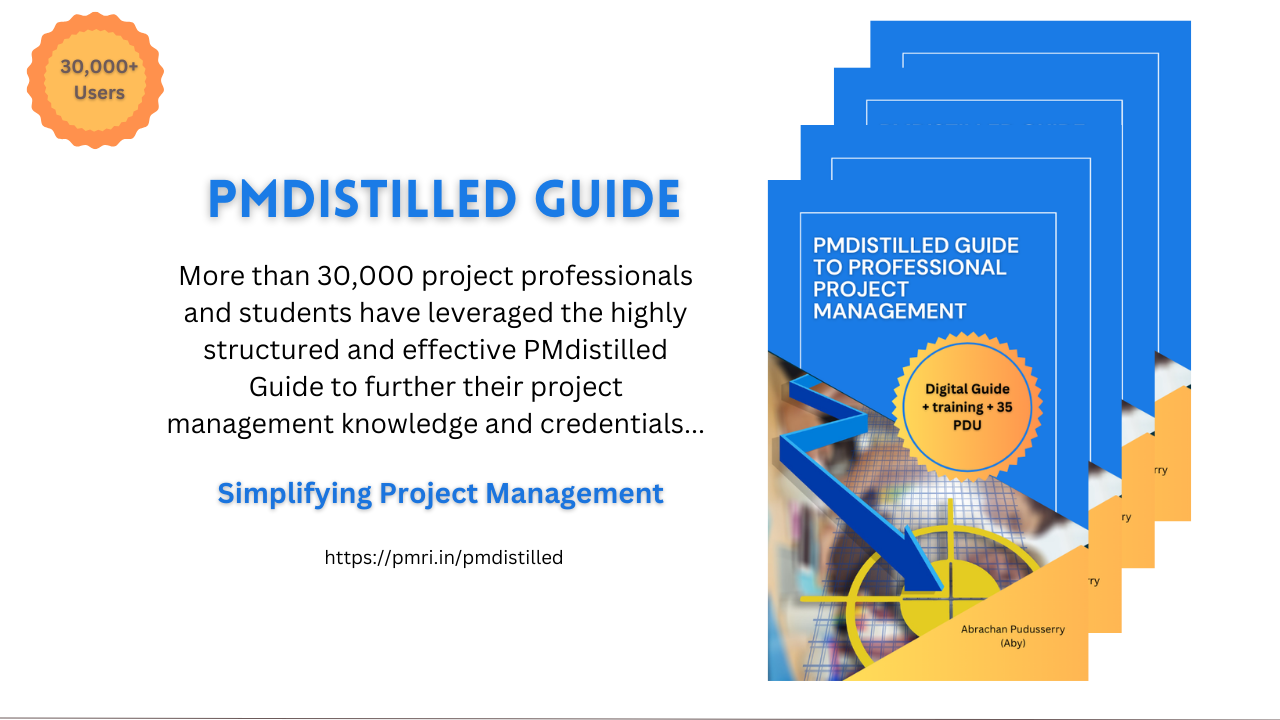Manage project knowledge
Managing project knowledge involves the systematic process of creating, organizing, sharing, and utilizing knowledge within a project to achieve its objectives efficiently and effectively. Here’s a breakdown of how it’s typically done:
- Knowledge Creation: This involves generating new knowledge throughout the project lifecycle. It can come from various sources such as brainstorming sessions, research, problem-solving activities, lessons learned, and innovations.
- Knowledge Capture: Once created, knowledge needs to be captured in a way that makes it easily accessible and understandable. This can include documentation, reports, databases, wikis, or any other knowledge management system that the project team uses.
- Knowledge Organization: Organizing knowledge involves structuring it in a logical and meaningful way so that it can be easily retrieved when needed. This may involve categorizing information, creating taxonomies, or using metadata to tag content.
- Knowledge Sharing: Sharing knowledge ensures that insights, lessons learned, and best practices are distributed among team members. This can happen through various channels such as meetings, workshops, training sessions, collaboration tools, or online platforms.
- Knowledge Retrieval: Knowledge must be easily retrievable when needed to inform decision-making, solve problems, or guide actions. This requires efficient search mechanisms and navigation tools within the knowledge management system.
- Knowledge Transfer: As projects progress, team members may come and go. Knowledge transfer ensures that valuable insights and expertise are passed on to new team members or stakeholders, minimizing the loss of critical knowledge.
- Continuous Improvement: Managing project knowledge is an iterative process that involves continuous learning and improvement. Regularly reviewing and updating knowledge repositories, reflecting on experiences, and incorporating feedback helps refine project processes and outcomes over time.
Effective project knowledge management contributes to better decision-making, enhanced problem-solving capabilities, increased efficiency, and ultimately, project success.

